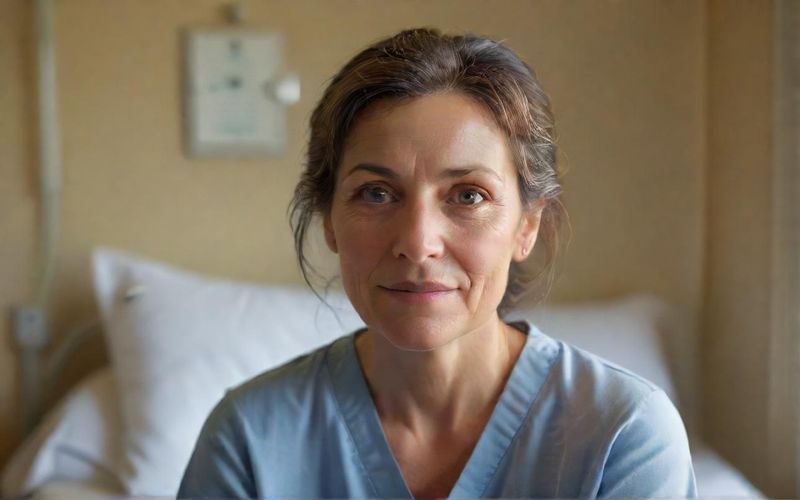Undiagnosed Adults: Autism's Hidden Midlife Crisis

New research out of King’s College London has shed a bright, and perhaps concerning, light on this often-overlooked demographic. The findings suggest that a staggering number of autistic adults, particularly those over 40, remain undiagnosed. We're talking about numbers that hover around 90% for men and nearly 80% for women in the 40-59 age bracket, and even higher percentages for those over 60. As reported by The Independent, this lack of recognition means that many individuals are likely missing out on the understanding and support that a diagnosis can provide, impacting everything from their daily routines to their overall well-being.
This research underscores the fact that for many older autistic adults, life can involve subtle but significant challenges. Think about the comfort found in routine; for someone who is autistic and undiagnosed, unexpected changes might trigger anxiety, but without the language of autism, this might just be dismissed as being set in their ways. Similarly, deep interests or passions, which can be a source of joy, might be misinterpreted if they become a primary focus, without the context of how autism can shape these interests. Sensitivity to sensory input, difficulties with social cues, or challenges in relationships are all experiences that can persist or even become more pronounced with age, yet without a diagnosis, the underlying reasons might remain a mystery.
The consequences of this widespread under-diagnosis are far-reaching. As highlighted by work reviewed by The Conversation, autistic adults tend to face poorer health outcomes. This includes higher rates of various physical and mental health conditions, with some studies suggesting a lower life expectancy. Accessing healthcare itself can be a hurdle, often due to a lack of awareness or understanding from service providers. It makes you wonder how many health concerns have been misattributed or left unaddressed because the root cause, autism, wasn't recognized.
The growing awareness of autism in recent decades, while positive, has largely focused on younger individuals. This research serves as a crucial reminder that we cannot afford to leave older generations behind. The historical view of autism as solely a childhood condition, and a tendency to overlook women and girls in diagnoses, has contributed to this gap. As we continue to broaden our understanding of autism, it's essential to actively seek out and support those who have navigated life without the formal recognition that could offer clarity and better care. How can we ensure that the progress we’re making in understanding autism truly benefits everyone, across every stage of life?









